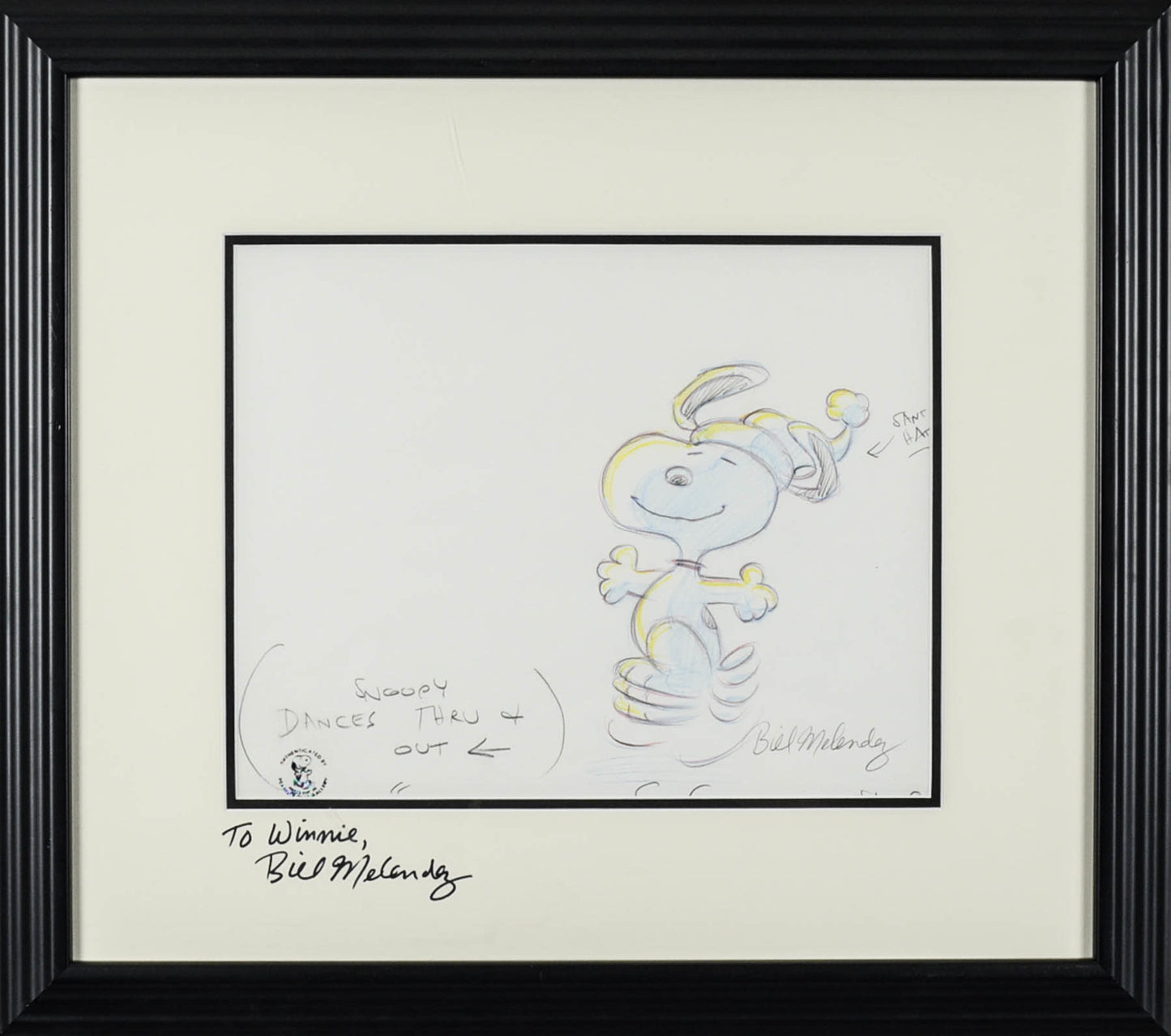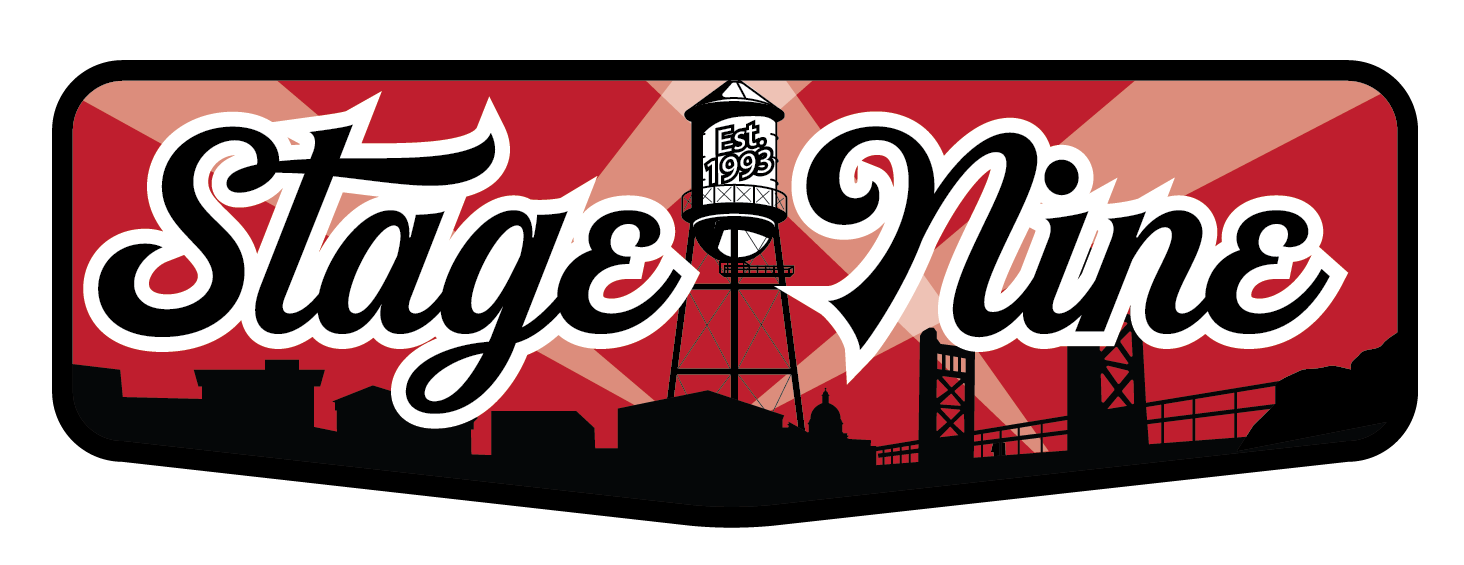1
/
of
2
Snoopy Dancing Production Drawing
SKU:934882
Regular price
$280.00 USD
Sale price
$280.00 USD
Regular price
Unit price
/
per
Sale
Sold out
Couldn't load pickup availability
Description
Snoopy Dancing Production DrawingSigned by Bill MelendezSize: 18 x 20.5Framed and MattedCertificate of Authenticity Included About The ArtistWith Lee Mendelson, Melendez produced, directed, or animated about 70 Peanuts television specials, four movies, and hundreds of commercials. He was also the voice of Snoopy.He met Peanuts creator Charles M. Schulz in 1959 when he was making Ford Motor television commercials featuring the Peanuts characters. Melendez became the only artist Schulz authorized to animate the characters.After working at Walt Disney Studios, he joined Warner Brothers in the 1940s, where he worked on Bugs Bunny, Daffy Duck and Porky Pig cartoons.His family moved from Mexico to Arizona in 1928, and then to Los Angeles, where Melendez attended the Chouinard Art Institute.A professional animator for almost seven decades, his career began in 1938 when he was hired by Walt Disney Studios. He worked on classic feature films such as Fantasia (1940) and Pinocchio (1940), as well as Mickey Mouse cartoons.Being credited in 53 Peanuts related cartoons as the voice of Snoopy, he was the only actor to reprise his original role more times than any other voice actor in a Peanuts related cartoon. AboutOriginal production drawings are one-of-a-kind pieces of animation art. Prior to the creation of cels, each character pose and action must be drawn in pencil. These drawings are the artistic backbone of the film or television show, and are much in demand by collectors.Original production drawings are one-of-a-kind pieces of art that were used in the creation of an animated film or television show. Prior to the creation of production cels, each character pose and action must be drawn in pencil. These drawings are the artistic backbone of the film or television show, and are much in demand by collectors.There are two main types of original production drawings: rough drawings and clean-up drawings.As the name suggests, rough drawings are imperfect in their lines, often featuring multiple pencil strokes, erased elements, and sometimes scale measurements (for instance indicating the size of the body in relation to the size of the head). Some animation art lovers prefer rough drawings for their raw artistry and out of appreciation for the fact that this is where the animators put pencil to blank paper and began the creative journey.Clean-up drawings are recognizable by their smooth, singular lines and the absence of the trial and error strokes seen in roughs. A clean-up drawing is made from each rough by the animator placing a fresh sheet of paper over a rough drawing, illuminated from below with a lightbox, and tracing the best lines to create the ideal image for that moment in the film. Some fans and collectors prefer clean-up drawings for their beauty, simplicity, and because this is the actual drawing that led to the next step in the process, the creation of the production cels.While original production drawings lack the vivid color of cels, they are very desirable for two main reasons. Many collectors prefer drawings because it is at this stage that the animators really exercised their talents and brought the characters to life. Another appealing aspect of drawings is that they almost always cost significantly less than a comparable production cel.



